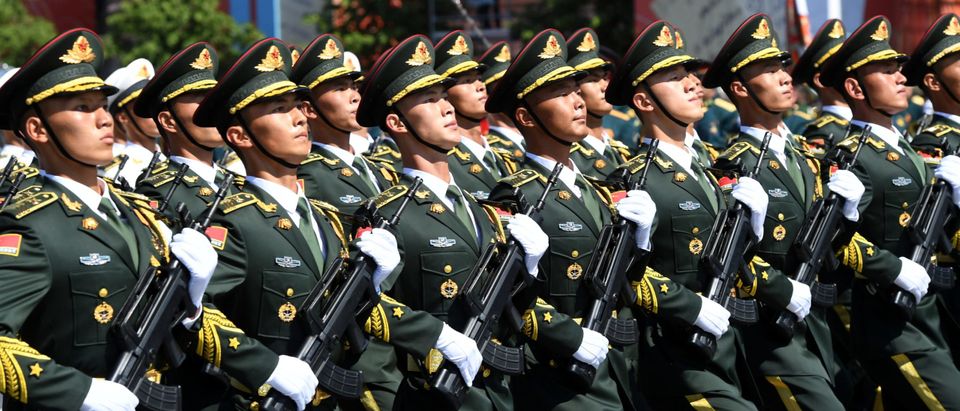China has conducted human testing on members of its military in an effort to develop “biologically enhanced” soldiers, Director of National Intelligence John Ratcliffe wrote in a Wall Street Journal op-ed Thursday.
.@DNI_Ratcliffe outlines why China is a “once-in-a-generation challenge” and the greatest national security threat America faces in a @WSJ op-ed: https://t.co/Qk0UPgwtQG
— Office of the DNI (@ODNIgov) December 3, 2020
Director of National Intelligence John Ratcliffe warned of the Chinese government’s growing power in multiple spheres, including economic and military, naming China as the country’s “greatest threat.” Ratcliffe points to examples of China’s theft of U.S. technology, which he says is being used to bolster its rise as the world’s most powerful military.(RELATED: Intel Chief: China Targeting Members Of Congress As Part Of ‘Massive Influence Campaign’)
Director of National Intelligence John Ratcliffe’s message to Biden on China: “It’s the greatest threat that this country has faced since World War II…This generation’s challenge is China’s intent to replace the United States as the world’s superpower” https://t.co/OPB1QcOORN pic.twitter.com/6Kbzgmau2c
— CBS News (@CBSNews) December 3, 2020
To do so, China reportedly conducts human testing on members of the People Liberation Army. “There are no ethical boundaries to Beijing’s pursuit of power,” Ratcliffe wrote.
Former officials have warned that U.S. adversaries could use gene-editing technology in nefarious ways. CRISPR technology is a lab process that edits DNA and can be used for beneficial medical advances, and Western scientists consider the use of gene-editing to enhance human performance unethical to pursue in healthy people, NBC reported.
Two American researchers pointed to indications that the Chinese military are interested in using CRISPR to enhance performance on the battlefield in a 2019 paper.
“Although CRISPR has numerous exciting, clearly beneficial applications, particularly in medicine and agriculture, other aspects of Chinese research in CRISPR raise ethical or security concerns.”
The researchers also noted an interest in “biological dominance” or “command-superiority in biology” in the Chinese military’s writings on future warfare.
“Modern biotechnology and its integration with information, nano(technology), and the cognitive, etc. domains will have revolutionary influences upon weapons and equipment, the combat spaces, the forms of warfare, and military theories,” the Vice President of the Academy of Military Sciences has said, according to the paper.


